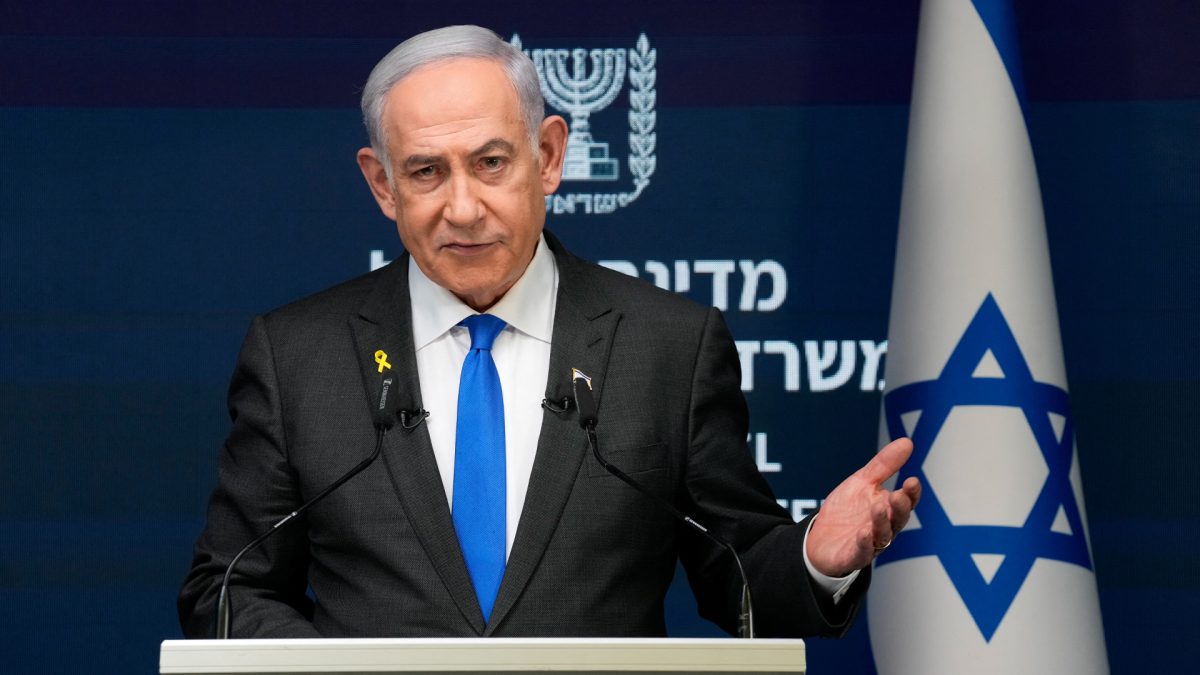Israeli Prime Minister Benjamin Netanyahu has requested a waiver from US Secretary of Commerce nominee Howard Lutnick to exempt Israel from impending restrictions on advanced AI chip exports. The meeting took place in Washington on Friday, as per a report by Axios. Sources confirmed that Netanyahu emphasised the vital role these chips play in Israel’s tech and defence industries.
Under a framework proposed by the Biden administration in January, Israel is one of 120 countries facing new restrictions that would cap AI chip imports from the US and require licensing for access. The policy aims to prevent advanced technology from reaching adversaries like China through third-party nations. However, Israel, a leading hub for technological innovation, fears the move could undermine its long-term competitiveness and reputation.
Israel’s Concerns
Israel is concerned that being placed under these restrictions may limit its ability to develop AI systems critical to national security and innovation. While the export controls will not take effect for another three months, Israeli officials hope to negotiate a change in status before then.
Unlike close allies such as Japan, Canada, and the UK—which will be exempt from the restrictions—Israel finds itself grouped with nations like Switzerland and Portugal that face tighter controls. This has raised alarm within the Israeli government and tech sector, as uninterrupted access to advanced chips is crucial for maintaining its technological edge.
No Guarantees from the US
During the discussions, Lutnick reportedly acknowledged Netanyahu’s concerns but made no promises regarding a waiver. A senior official familiar with US policy expressed scepticism, stating that national security priorities would make exceptions difficult. The US is cautious about loosening export restrictions, fearing that sensitive technology could end up in the hands of rivals like China.
The Bigger Picture
The US export controls are part of a larger strategy to tighten restrictions on advanced technology. While countries under arms embargoes like China and Russia are already banned from importing US chips, the new measures aim to prevent circumvention through other nations.
The sweeping controls have sparked debate within the tech industry, with critics warning that excessive restrictions may hurt US competitiveness by limiting market opportunities.
For Israel, the stakes are particularly high. Advanced AI capabilities are crucial to both economic and security interests, and the coming months will be crucial as the country lobbies for an upgraded status. Whether Netanyahu’s efforts will yield results remains to be seen.


)

)
)
)
)
)
)
)
)



